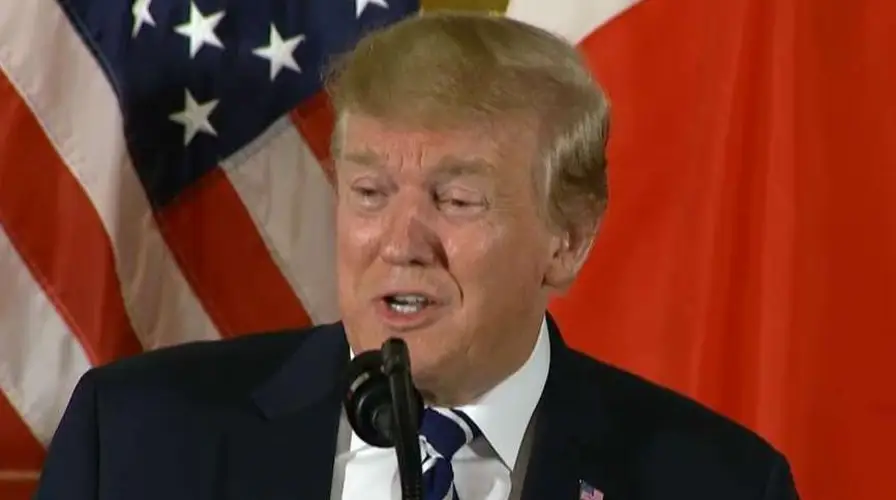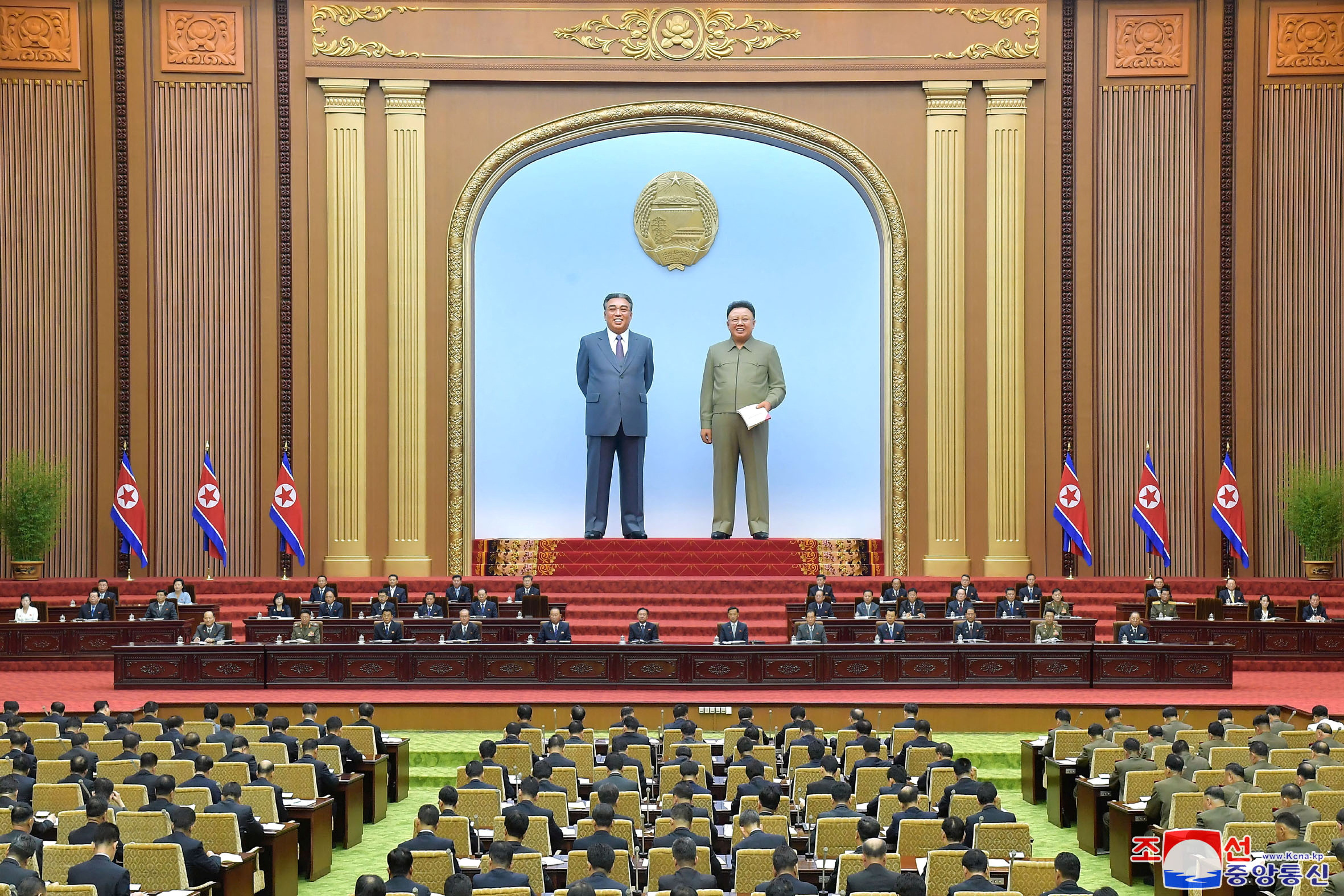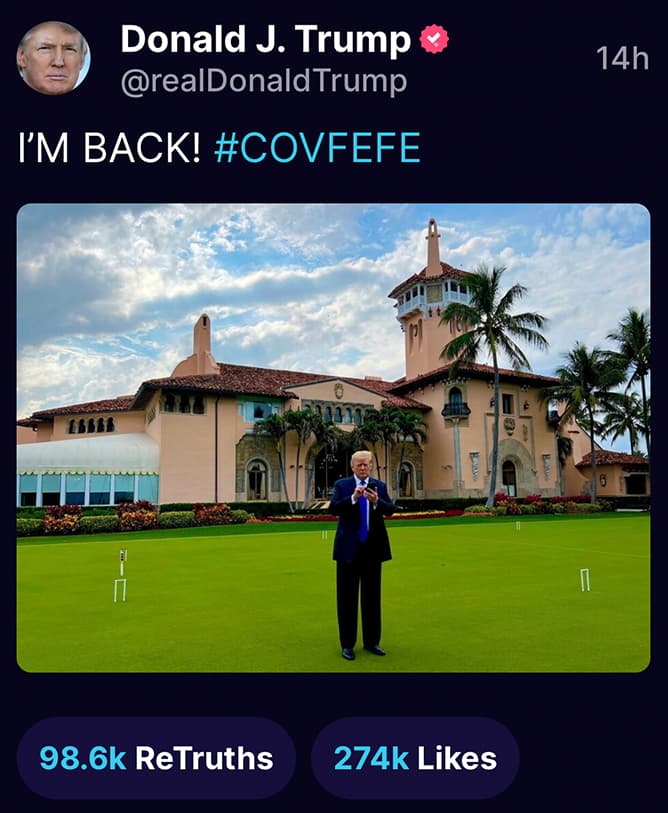In a shocking display of diplomatic negligence, former President Donald Trump has unleashed letters to world leaders that are riddled with grammatical blunders, drawing intense scrutiny and ridicule from citizens and experts alike. As reported by Hindustan Times, Trump"s letters to Japan and South Korea contained up to 16 grammatical errors, raising questions about his ability to engage in serious international relations.
Trump"s Chaotic Communication Style
Trump"s letters, shared on his Truth Social account, exemplified a chaotic approach to governance that often prioritizes bravado over substance. His declaration of a 25% tariff on Japanese goods, contingent on their response to U.S. tariffs, was couched in language that resembled a haphazard first draft rather than a polished diplomatic communication. One observer likened the letters to a “teen’s rant,” a sentiment echoed by many as they dissected the disjointed punctuation and erratic capitalization that marred the documents.
Threatening Trade Relationships
Beyond the glaring grammatical issues, Trump"s threats to impose steep tariffs reveal a troubling trend in U.S. foreign policy—a shift toward aggression rather than cooperation. “If for any reason you decide to raise your Tariffs, then, the number you choose to raise them by, will be added onto the 25% that we charge,” he warned, a tactic that starkly contrasts with the collaborative efforts needed in trade negotiations. This approach not only risks escalating tensions but also undermines the longstanding alliances that are crucial for global stability.
\n\n
President Trump meets with Japanese Prime Minister Shinzo Abe
The Historical Context of Trump"s Trade Policies
Trump"s rhetoric around trade deficits has been a staple of his political narrative, often weaponizing economic statistics to justify punitive measures. He has described the trade relationship with Japan as “far from Reciprocal,” insisting that the U.S. must take drastic action to correct perceived imbalances. This perspective, however, lacks nuance and overlooks the complexities of global trade dynamics. As reported by JForum, economic experts caution against viewing tariffs as a one-size-fits-all solution, arguing that such measures can provoke retaliation and harm American consumers.
Impact on Civil Rights and Global Governance
Trump"s chaotic handling of international correspondence not only reflects poorly on U.S. governance but also raises alarms about the implications for civil rights and global diplomacy. A lack of coherence in communication can lead to misinterpretations that jeopardize human rights initiatives and collaborative efforts aimed at addressing global challenges, from climate change to trade inequalities. As former civil rights attorney, I recognize that effective governance requires a commitment to clarity, empathy, and respect for international norms.
\n\n
Korean Government History at Fred Rollins blog
The Future of U.S. Trade Policies
The fallout from Trump"s latest letters underscores the urgent need for a reassessment of U.S. trade policies. As we navigate a post-Trump political landscape, the stakes are higher than ever. The interconnectedness of global economies means that reckless tariff threats can have far-reaching consequences, not just for trade partners but also for American workers and consumers. The chaotic tone of Trump"s letters serves as a reminder that effective leadership must be grounded in sound policy and respectful engagement.



![[Video] Gunfire between Iraqi security forces and Sadr militias in Baghdad](/_next/image?url=%2Fapi%2Fimage%2Fthumbnails%2Fthumbnail-1768343508874-4redb-thumbnail.jpg&w=3840&q=75)
